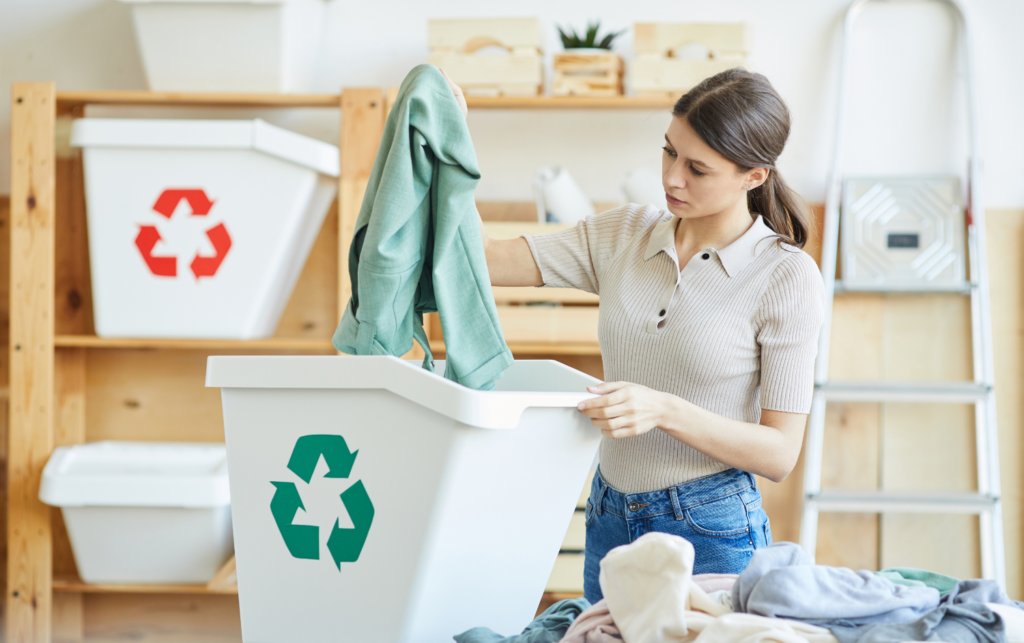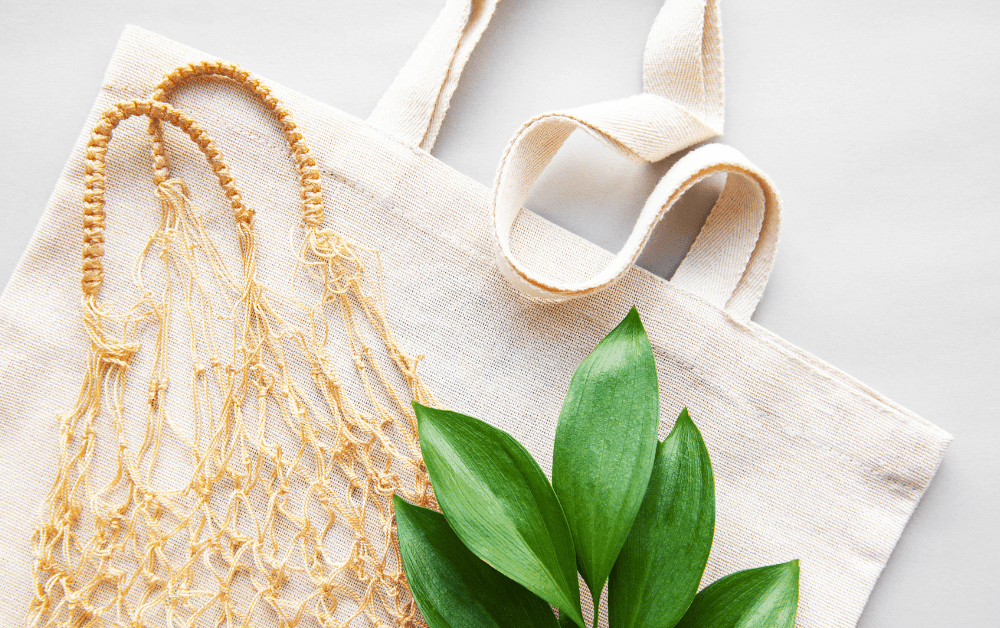The Centre for Biological Diversity found that globally consumers use trillions of plastic bags per year for an average of 12 minutes each, and they then take 500 years to decompose (Henderson, 2021). This is troubling on many fronts and highlights the need for increased use of reusable bags.
Both retailers and consumers are concerned about the perpetual use of plastic bags, as shown by legislation around the world. For example, in the U.K., a charge of five pounds was instituted for plastic bags in 2015. It is estimated that this removed 15 billion plastic bags from circulation as supermarkets reported an 86% decrease in plastic bag use. Soon the charge will double to 10 pounds (Henderson, 2021). In the U.S., 17 states have enacted plastic bag bans. Also, in 2019 alone state legislatures introduced 95 bills related to plastic bags; most of these ban plastic bags, require a charge for sale of such bags, or relate to other single use, disposable products (NCSL, n.d.). This is especially important after the increased use of single-use plastics during the COVID-19 pandemic.
Impact on consumers
It is not hard to convert consumers to both the environmental and cost savings of reusable bags. However, it is hard for customers to remember their bags when it is time to put them to use. That said, because they see the importance of the bags, consumers themselves are looking for ways to make them more convenient. Certainly consumers are moving toward using such bags on a regular basis.
Tips to help consumers remember to keep their reusable bags on hand include (Dickinson, 2019):
- Purchase bags that fold or roll up.
- Store at least two reusable bags in common places–office, gym bag, vehicle, etc.
- Return bags to their proper location after unpacking them.
- Begin shopping lists with “bags.”
- Set calendar reminders.
Impact on retailers
Of course implementing reusable bags isn’t hard for companies either. They can charge for the bags, or, on the other hand, they can charge those who want to purchase non-reusable ones. (This is an option at the Aldi grocery chain, for instance).
Reusable bags also provide long-lasting advertising. Certainly carrying a particular brand’s bag can be considered a fashion choice, similar to a sports jersey and serving as a “walking billboard” (Chaker, 2017). Beyond the brand, the bags can also share a message. For instance, H&M’s tote bags cost two to four dollars and help spread the word about its garment recycling program, in which customers who trade in old clothing or textiles can get 15% off their purchase. The bags proclaim: “There’s only one rule in fashion: Recycle your clothes,” or, “Bring it: The lonely sock, the stained shirt, the washed-out dress and it will be reborn” (Chaker, 2017). Whether reusable bags state a written message or not, they send a message to everyone who sees them in use.
Of course retailers continue to invest in sustainable options. CVS Health, Target, and Walmart, founding partners of Closed Loop Partners’ Consortium to Reinvent the Retail Bag, support innovation to reimagine retail bags and create a circular system (Roshitsh, 2021). Retailers are also working to be more sustainable in their shipping practices as well. For example, Finnish apparel company Makia will now ship online orders in glossy envelopes made from recycled polypropylene. This packaging, developed by RePack, is meant to be reused at least 20 times (Chua, 2018). These changes show that the industry is working toward sustainable practices both in stores and online.
Looking forward
In conclusion, investing in reusable bags is a smart choice for consumers and retailers. In the post-COVID world, everyone sees the need to reduce the impacts of chemicals, water, and energy used to manufacture and dispose of plastics, particularly those that are used only once. Above all, changing simple habits and practices will propel larger changes needed to support sustainability.
References
Chaker, A. M. (2017, June 13). What does your tote bag say about you? Wall Street Journal. https://www.wsj.com/articles/what-does-your-tote-bag-say-about-you-1497281023
Chua, J. M. (2018, July 6). Finnish label Makia adopts reusable packaging for e-commerce. Sourcing Journal. https://sourcingjournal.com/topics/sustainability/finnish-label-makia-reusable-packaging-repack-111217/
Dickinson, G. (2019, November 11). Want to actually remember your reusable shopping bags? Here are 8 tricks that work. The Philadelphia Inquirer. https://www.inquirer.com/news/reusable-bags-remember-how-to-ways-philadelphia-plastic-ban-tips-20191112.html
Henderson, E. (2021). 9 best bags for life and reusable carriers for your weekly shop. Independent Digital News & Media. https://www.independent.co.uk/extras/indybest/house-garden/best-bags-life-reusable-bags-a8286316.html
NCSL. (n.d.) State plastic bag legislation. https://www.ncsl.org/research/environment-and-natural-resources/plastic-bag-legislation.aspx
Roshitsh, K. (2021, February 16). What comes after single-use retail bags? Women’s wear daily. https://wwd.com/sustainability/innovation/single-use-plastic-bag-retail-closed-loop-partners-beyond-the-bag-1234733400/
-1-1.png)
Key Consumer Spending Trends For 2023
Consumers are the key to making sustainable investments through their purchase decisions. However,...

Innovation and sustainability trends in apparel for 2021
Undoubtedly 2021 shows the continued need for all fashion stakeholders–brands, retailers, and...

Recycling Guide
The fashion industry is notorious for the waste it generates, particularly the fast fashion market....



